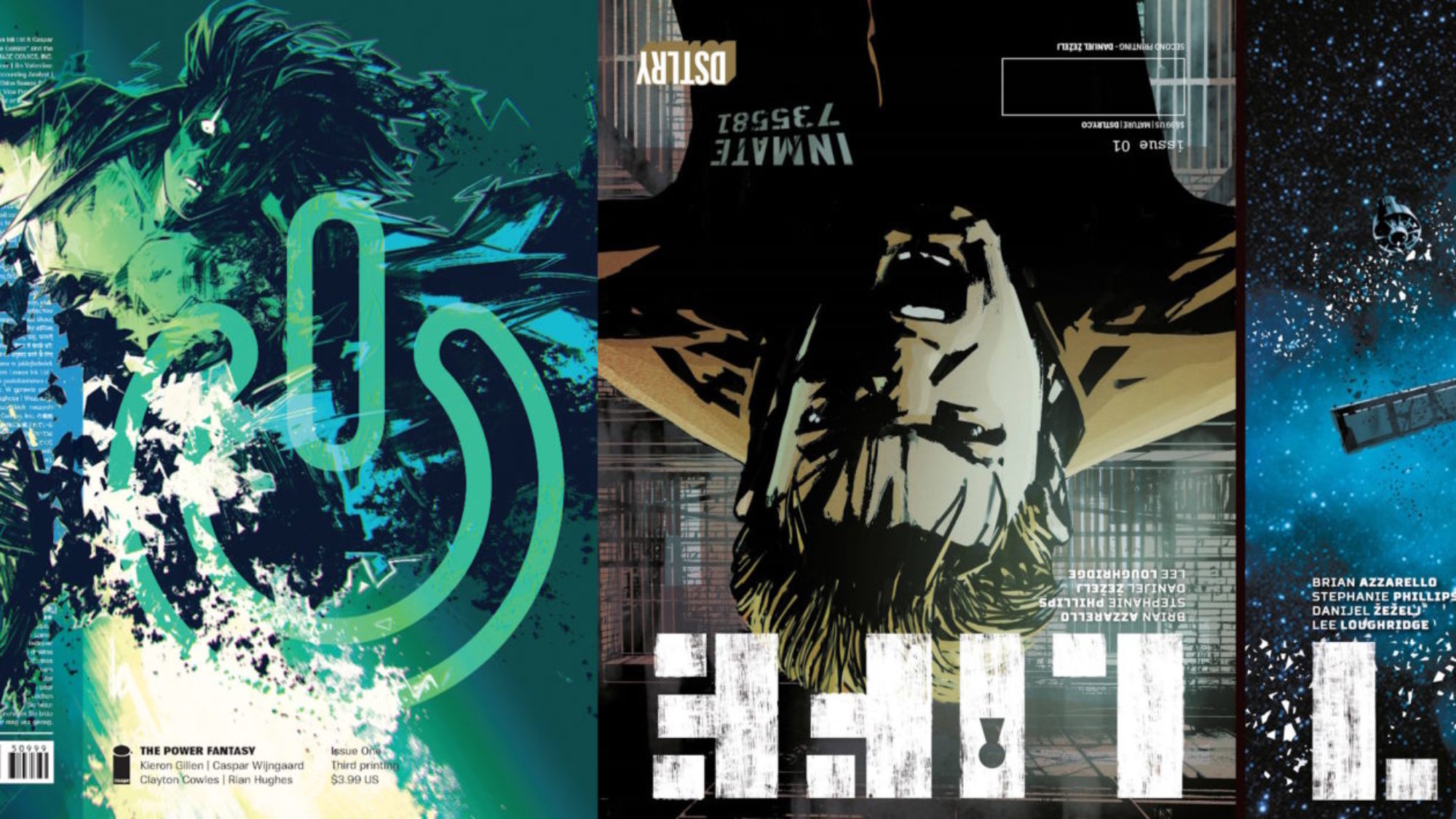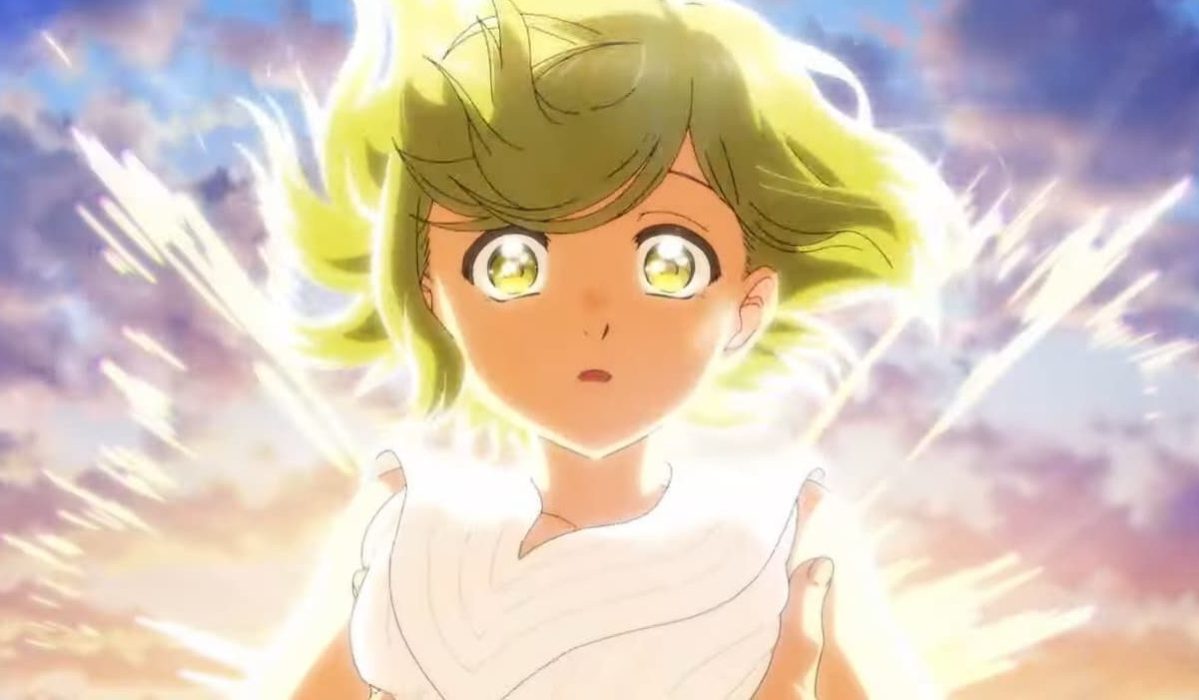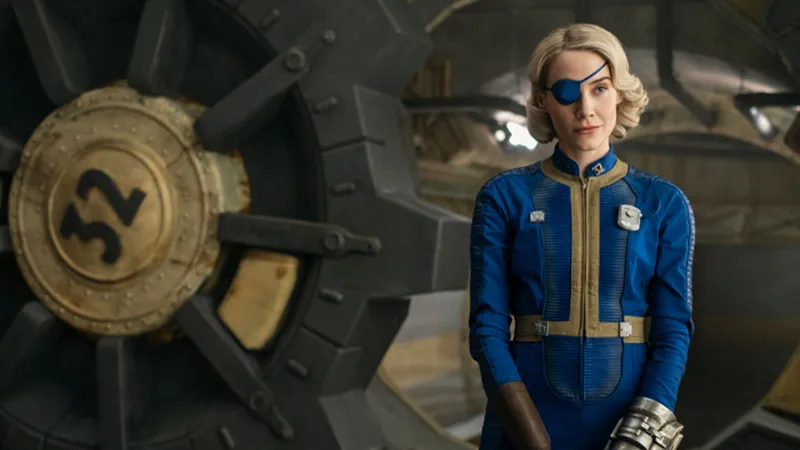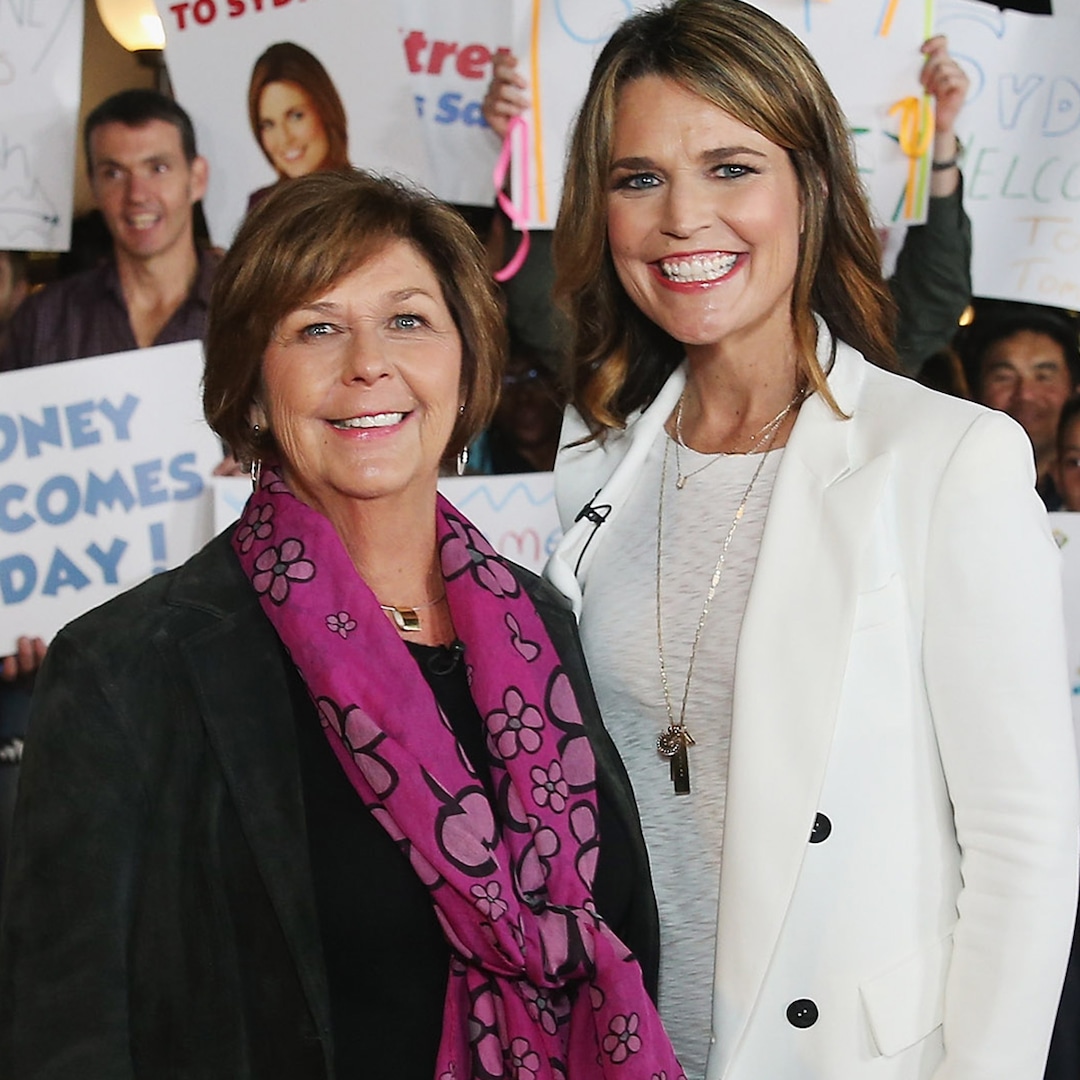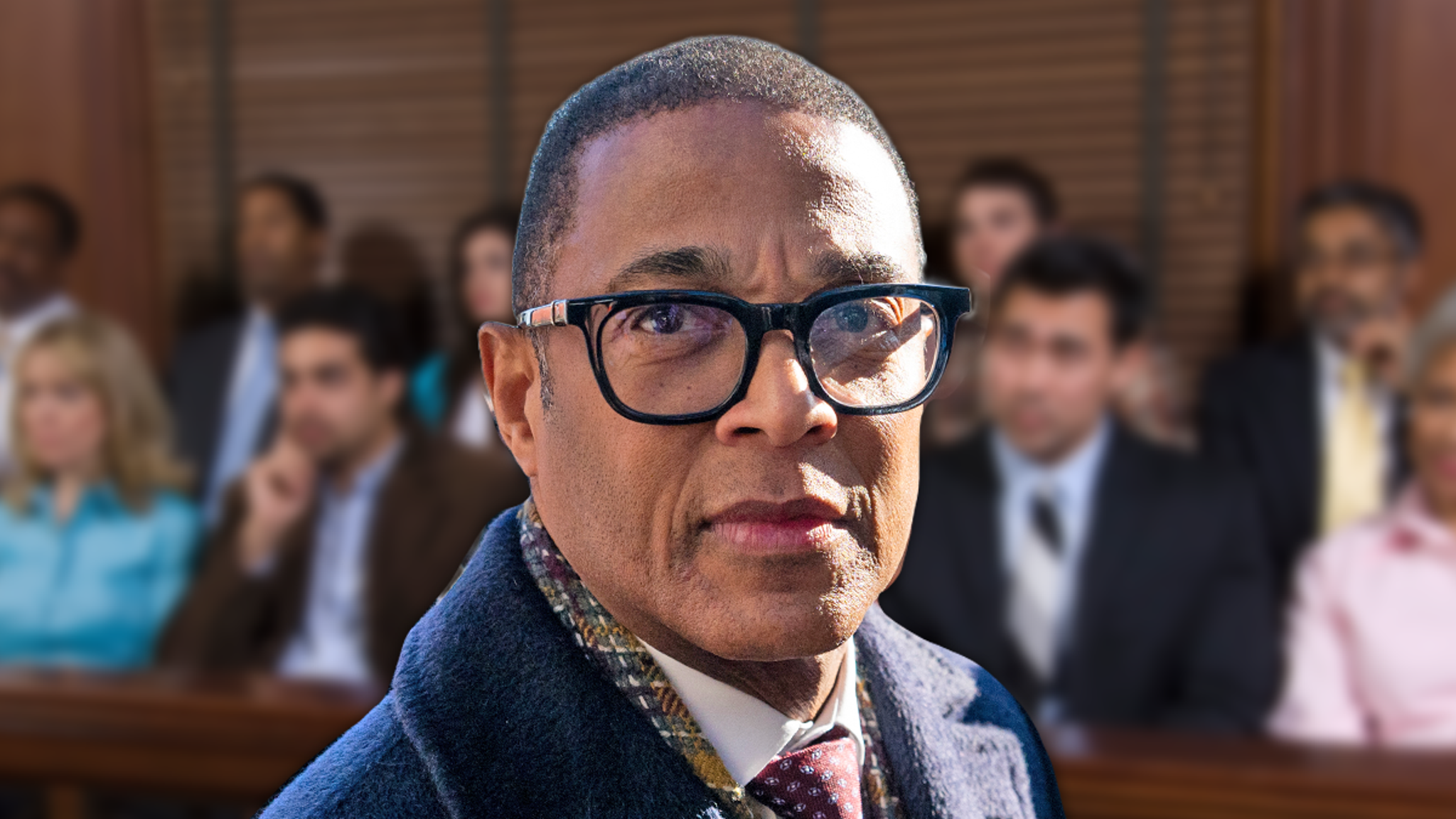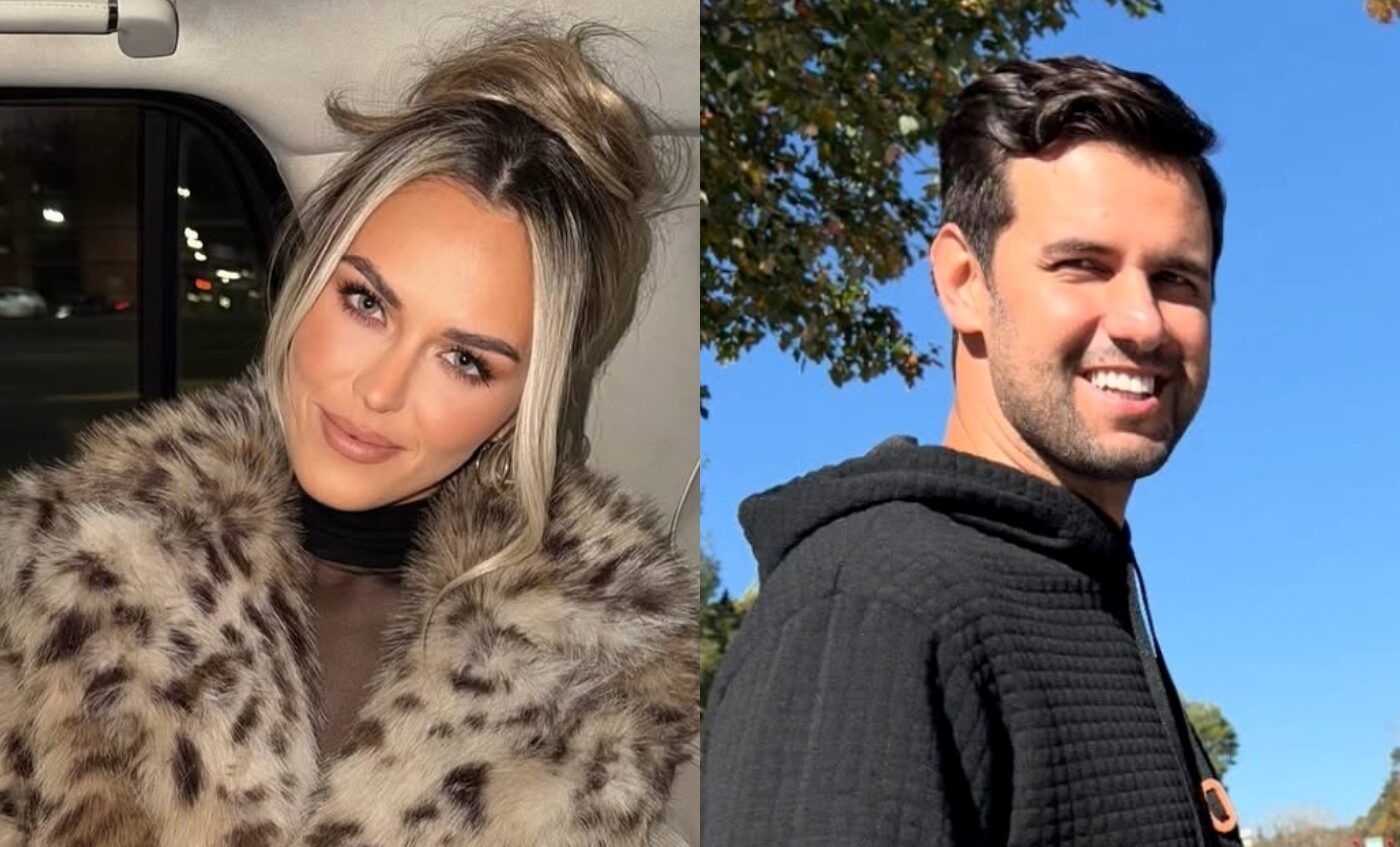Western TV shows were some of the first examples of the serial drama format which has now been the cornerstone of the small screen for eight decades, and they remain some of the very best examples, too. However, certain TV episodes in the Western genre stand above the rest, even if their shows are otherwise consistently superb.
The greatest episodes in the best Western TV shows aren’t just expertly plotted and brilliantly acted. They’re paradigm shifters, which pushed the boundaries of what the genre could do narratively, aesthetically and thematically.
Whether they involve all-action gunslinging showdowns, or meditations on the nature of justice, these episodes are the pinnacle of TV Westerns. Right from the 1950s up to the present day, the genre’s best works of television have gone toe-to-toe with the classic movies of John Ford, Howard Hawks, Sergio Leone, and Clint Eastwood.
Not every Western TV show has lived up to its pilot episode’s potential, but there are a select few that just keep getting better and better as their stories develop. In fact, one of the episodes listed here are series premieres, because their shows continued to raise the bar until they reached their peaks further down the line.
“Two Ounces of Tin” – The Rifleman
Season 4, Episode 21
One of the longest-running Western TV series of all time, The Rifleman is most famous for its trigger-happy intro sequence and the sharpshooting theatrics of its battle-hardened protagonist, played by Chuck Connors. But the episode of the show with the most gravitas owes much of its emotional weight to guest star Sammy Davis Jr.
Davis plays a black gunslinger who avenges his father after the law refuses to deliver justice to his murderers. The character’s final showdown with Lucas McCain is as much about the dialogue as it is about the staging. McCain wins out in the end as usual, but not before some sobering reflections on inequality in the American legal system.
“A Dream And A Memory” – 1923
Season 2, Episode 8
1923’s saddest moments are scattered across season 2 of the Yellowstone spinoff prequel, but the heartbreaking tragedy in series finale “A Dream and a Memory” tops the lot. The death of Alexandra Dutton soon after childbirth due to frostbite-induced gangrene is utterly heartbreaking, and brings home what those trying to survive the Wild West in generations gone by.
We come to view the Dutton family as one stalked by grief and hardship at every turn, although it’s far easier to sympathize with Spencer and Alexandra Dutton in this episode than with John Dutton and his children in Yellowstone’s modern-day Montana setting. What’s more, there’s something earthy and authentic about the ending of this beautifully rendered period drama.
“The Posse” – How The West Was Won
Season 2, Episode 14
How the West Was Won is a show for those who love classic Western films, not least because it’s actually based on one of these films. Starring Gunsmoke icon James Arness as family patriarch Zeb Macahan, the show follows the westward trajectory of the Macahans into Indian territories around the time of the American Civil War.
This episode at the end of season 2 marks the crescendo of the show’s overarching plot, before it became a story-of-the-week series in season 3. It sees the Macahans challenged by a posse of local vigilantes near the Missouri River, as they attempt to drive their cattle homeward to Wyoming in spectacular fashion.
“Homecoming” – Godless
Episode 7
Godless is the best Western show on Netflix, despite being only seven episodes long, and its climactic finale is a magnificent piece of television. Featuring one of the all-time great shootout sequences in the Western genre – on either the big or the small screen – “Homecoming” ensures that the show goes out with several hundred bangs.
From the moment heroic deputy sheriff Whitey Winn is unceremoniously knifed in the chest at the start of the final battle, you get the sense that no character will be plot-armored in this deadly showdown between La Belle residents and the Griffin gang. Sure enough, whoever happens to be in the line of fire on either side meets their fate.
“Sold Under Sin” – Deadwood
Season 1, Episode 12
Among Deadwood’s masterpiece episodes, season 1 finale “Sold under Sin” is the jewel in the crown. A sprawling one-hour story that intertwines subplots about the U.S. Army’s war with the Apache tribes and season-ending climaxes to the character arcs of those who inhabit Deadwood, this episode packs in more action than most Western movies.
Yet, despite its density, “Sold under Sin” is far from one-note, varying the pacing and intensity of its plot development, while never losing the audience’s grasp of events. It’s a masterclass in storytelling, from arguably the most polished period Western show ever produced.
“High Noon” – Longmire
Season 4, Episode 3
If season 4 is Longmire’s best, then the season’s third episode is the high-water mark of the entire series. The plot twist upon which “High Noon” hangs is ingeniously executed, so that it creeps up on us following several elements of skillful misdirection. Walt Longmire appears to trust Barlow Connally right until the moment that things fall into place.
The showdown between Walt and Barlow is arguably Longmire’s greatest scene. Its outcome is also an immensely satisfying example of plot justice enacted on Branch Connally’s behalf, just when it seemed as though his death was in vain.
“A Shady Deal At Sunny Acres” – Maverick
Season 2, Episode 10
James Garner’s favorite episode of his own classic Western TV show is one of the all-time greats, involving a cunningly executed plot and various sleights of hand along the way. Ironically, Garner’s own character keeps his nose clean this episode, remaining in the remote outpost of Sunny Acres as a source of comic relief, after setting his plan in motion.
His protagonist Bret Maverick is swindled out of poker winnings at the start of the story, and enlists a few swindlers of his own, including his brother Bart Maverick, to get the money back. The group carry out Bret’s plan in Denver, while he sits absent-mindedly in a rocking chair back in Sunny Acres, much to the bemusement of locals.
“Return” – Lonesome Dove
Part IV
Now that Lonesome Dove is streaming for free on Tubi, everyone with even the slightest interest in the Western genre should check it out. One of the greatest miniseries in TV history, its story spans just four episodes, but each one of them is a small-screen masterpiece in its own right.
The best one of the lot, though, is the final part of the story. “Return” sees Robert Duvall’s Gus McCrae die from sepsis, after he’s wounded by an arrow but refuses to have his leg amputated. His friend and fellow Texas Ranger Woodrow F. Call honors his wish to be returned to their home state.
Despite the biggest moment of the episode occurring during its first half-hour, there’s plenty of high drama still to come, as Call runs into trouble during the 3,000-mile trip with Gus’ body. His showdown with Blue Duck in New Mexico is a key highlight, along with the affecting final-scene montage.
“The Promise” – Justified
Season 6, Episode 13
On the subject of final scenes, Justified boasts one of the best final scenes in any TV show, between its central anti-hero and his greatest nemesis. The end of “The Promise” is a credit to the Western genre, which should convert even those most ardently opposed to TV Westerns.
Raylan Givens finally catches Boyd Crowder, the fugitive he’s spent most of the show chasing, but this is far from the end of the story. Raylan then tracks down the woman they both love, only to decide that she’s better left alone, away from the life of crime that both he and Boyd dragged her into.
Of course, the moment that seals the episode’s masterpiece status comes last, as Raylan travels thousands of miles just to put Boyd’s mind at ease about Ava, by lying to his great adversary about her death. Justified’s legendary final line sums up the age-old respect between TV heroes and villains better than any other piece of dialogue ever has.
“The Gallows” – Gunsmoke
Season 7, Episode 22
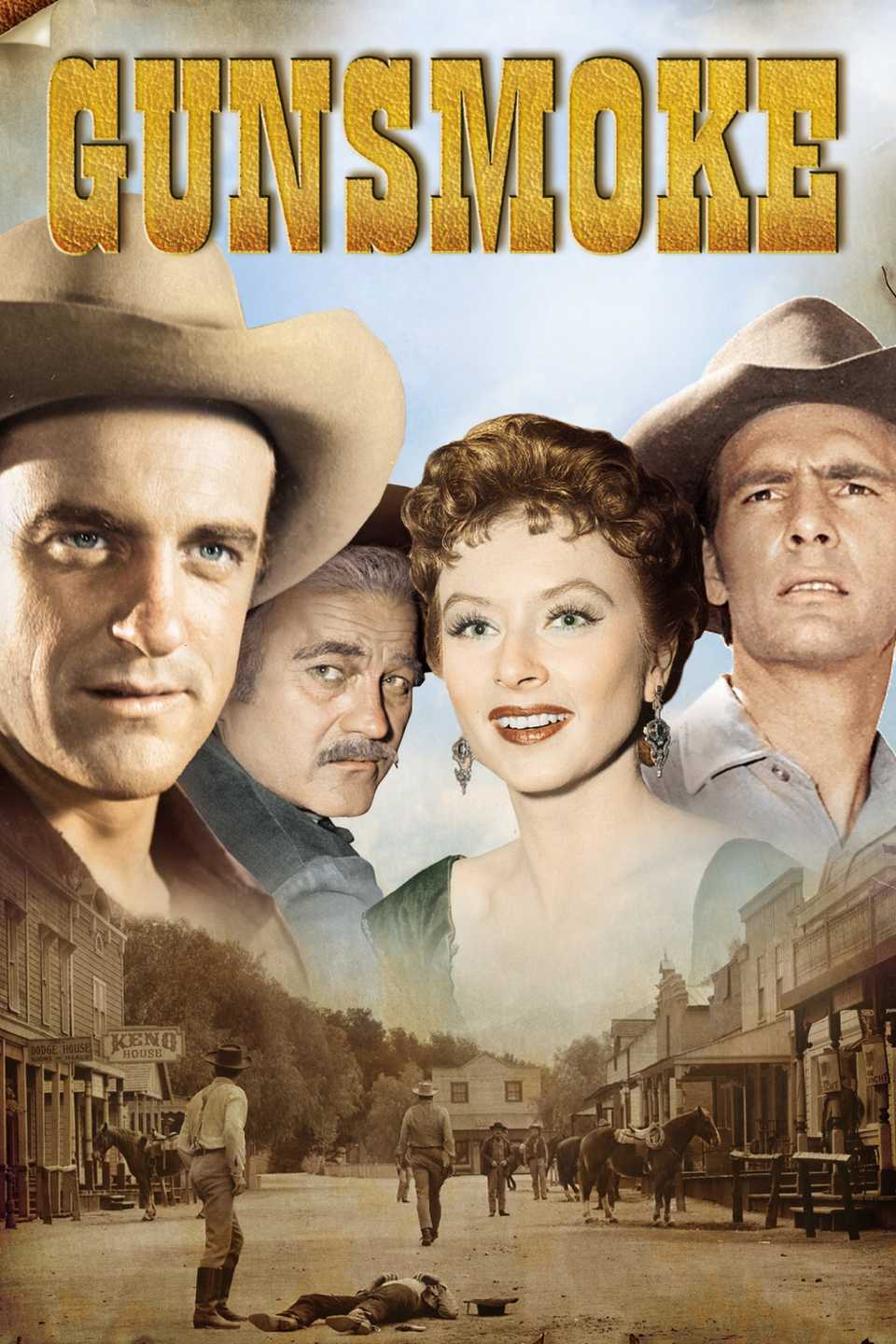
Gunsmoke
- Release Date
-
1955 – 1975-00-00
- Directors
-
Andrew V. McLaglen, Harry Harris, Ted Post, Bernard McEveety, Vincent McEveety
-
James Arness
Marshal Matt Dillon
-
Iconic Western TV show Gunsmoke was canceled without a proper finale, much to the anger of millions of fans and everyone involved in its production, but luckily it had already been responsible for the genre’s greatest episode. 1962’s “The Gallows” has all the gunslinging swagger of any decent Gunsmoke episode, but it also has so much more.
Its second half is a profound meditation on the nature of justice, the flaws within the justice system, and the dangers of capital punishment. We don’t expect U.S. Marshal Matt Dillon to weigh in on such weighty topics, which is precisely why his visible moral torment in the episode is so effective.
Dillon’s personal reflections on Pruit Dover’s death sentence in the last scene of “The Gallows” is among the Western genre’s most poignant moments, demonstrating that Gunsmoke episodes aren’t all about action set-pieces and period costumes. Its ending points the finger squarely at the audience, and asks them to think about what they’ve just watched.

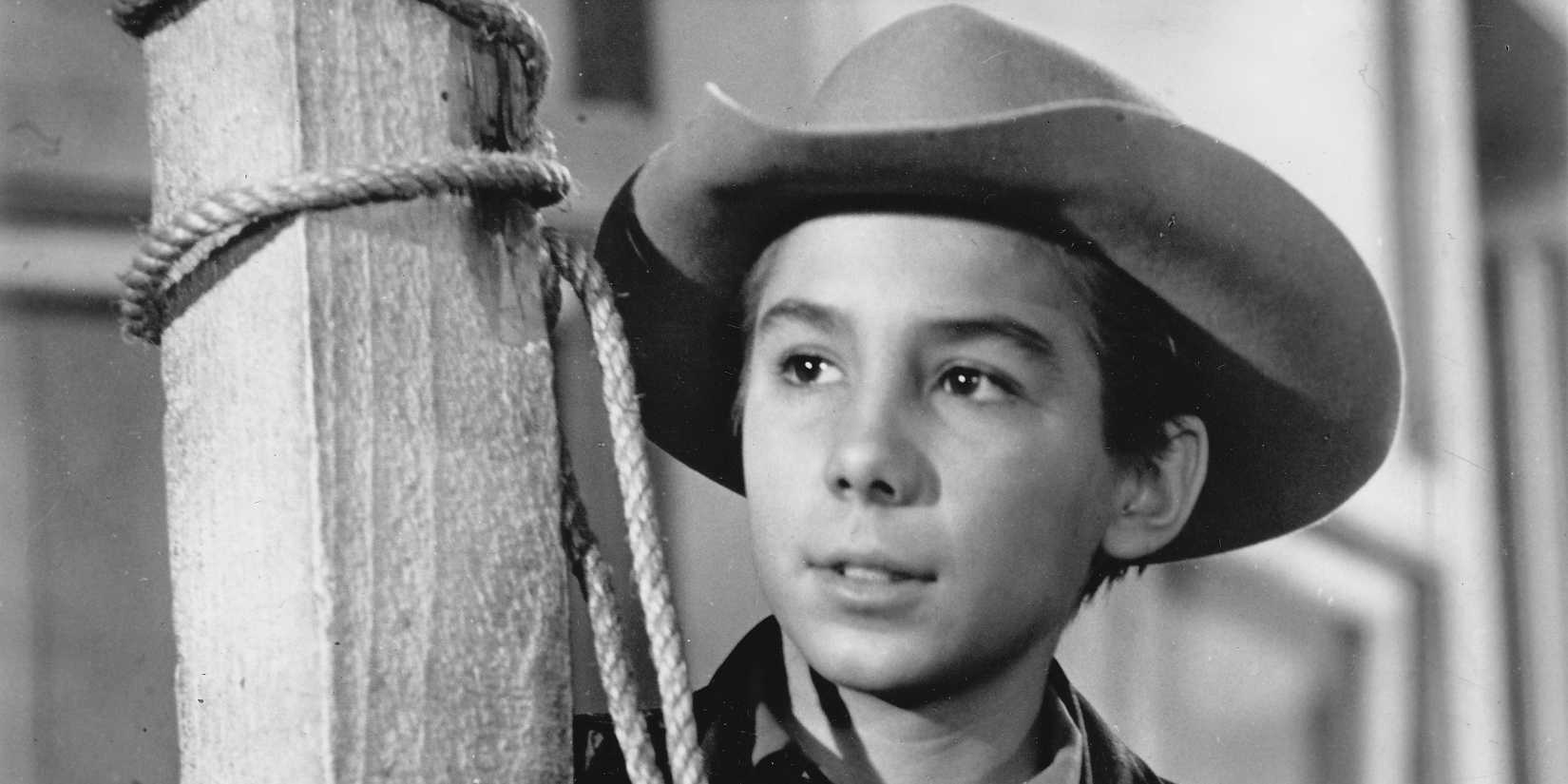
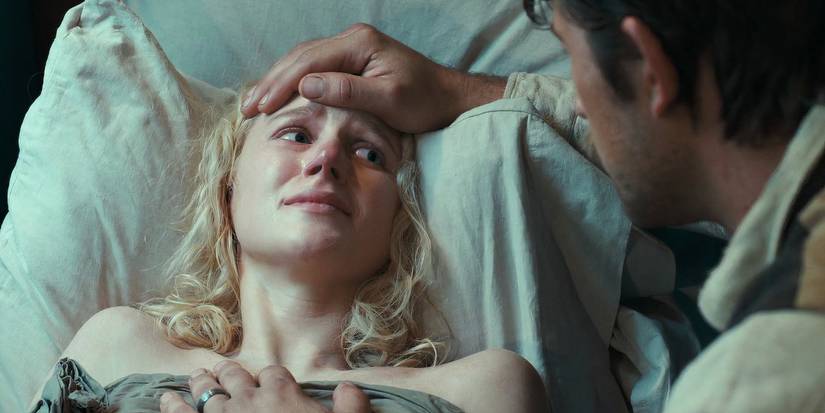
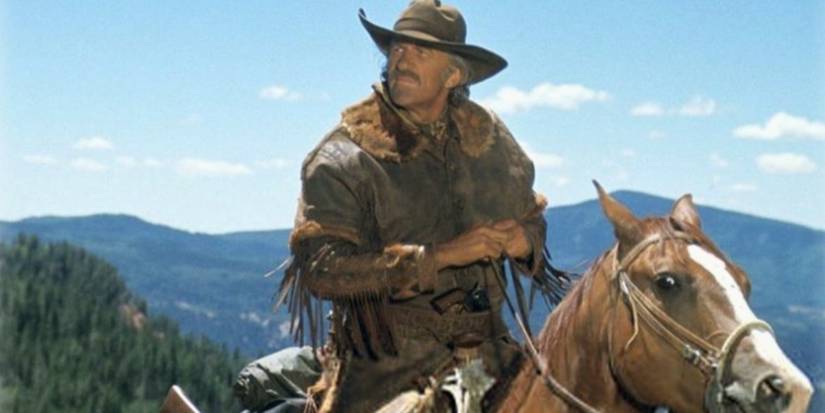
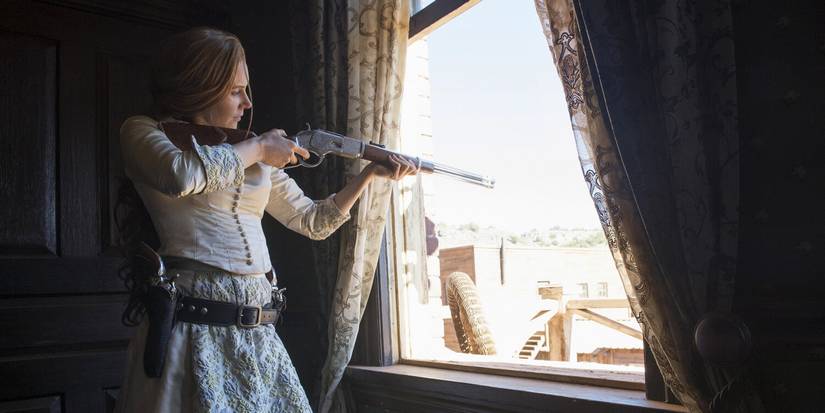
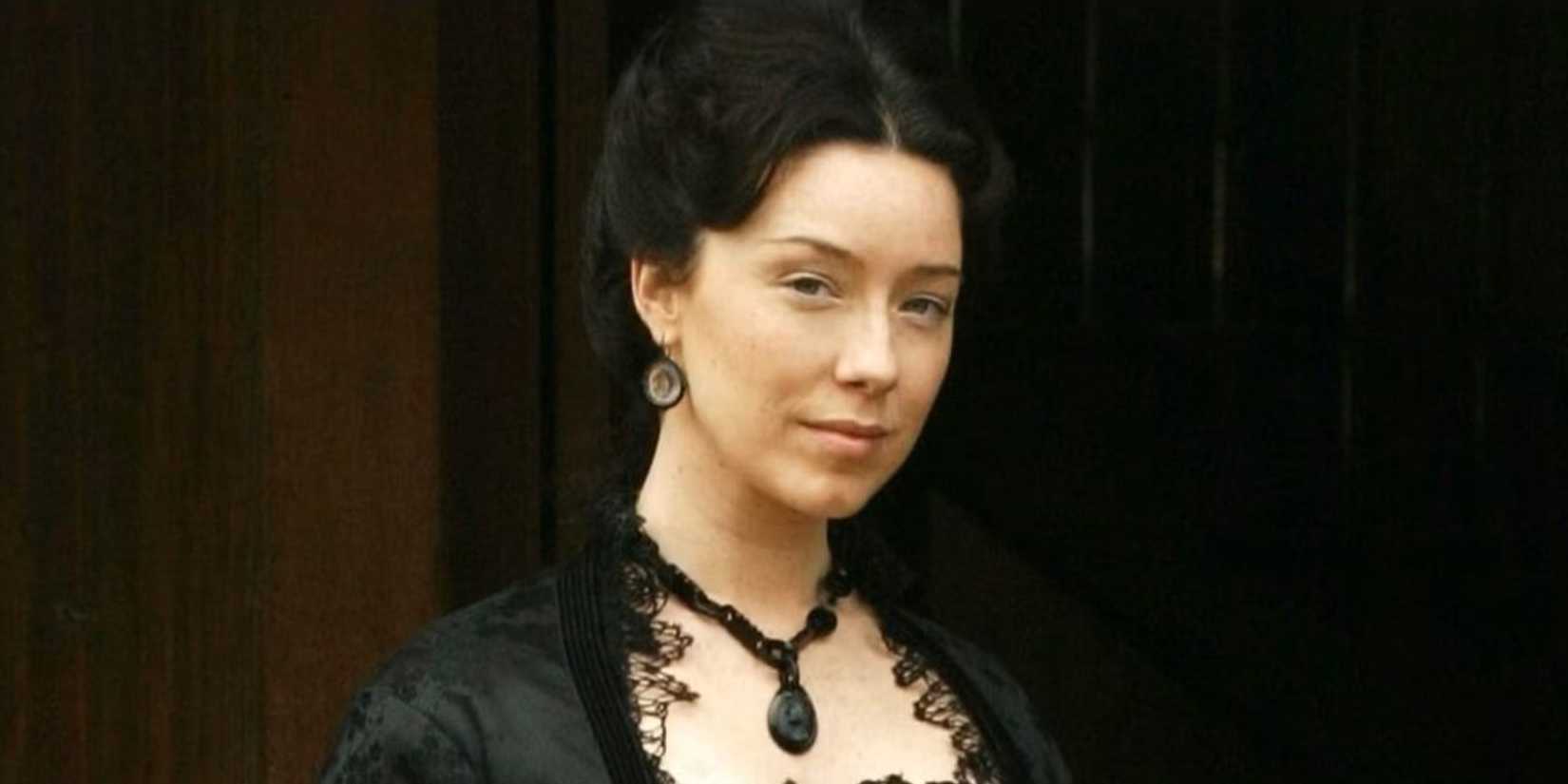
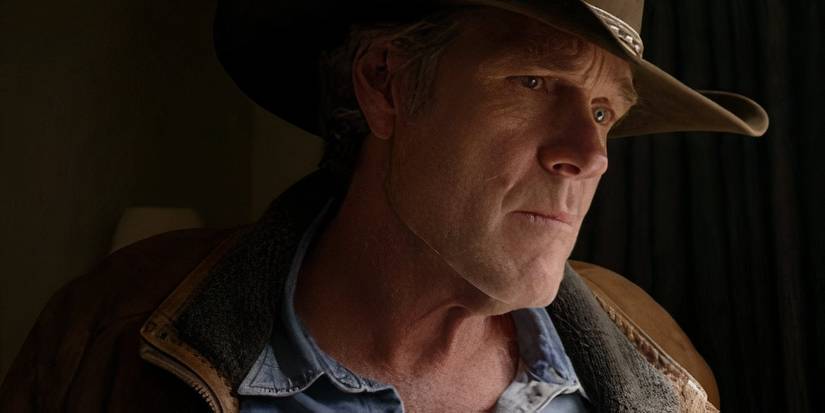
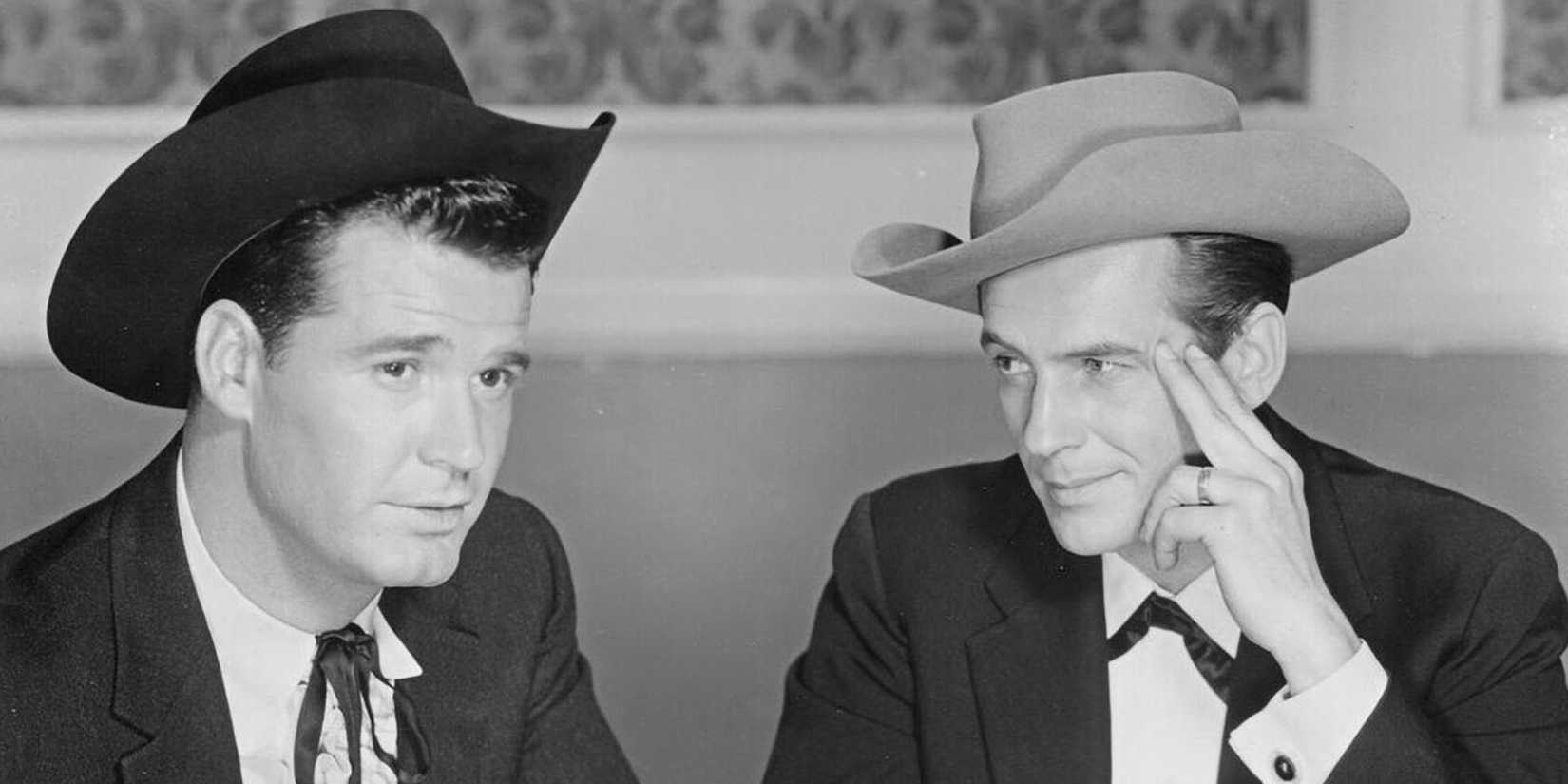
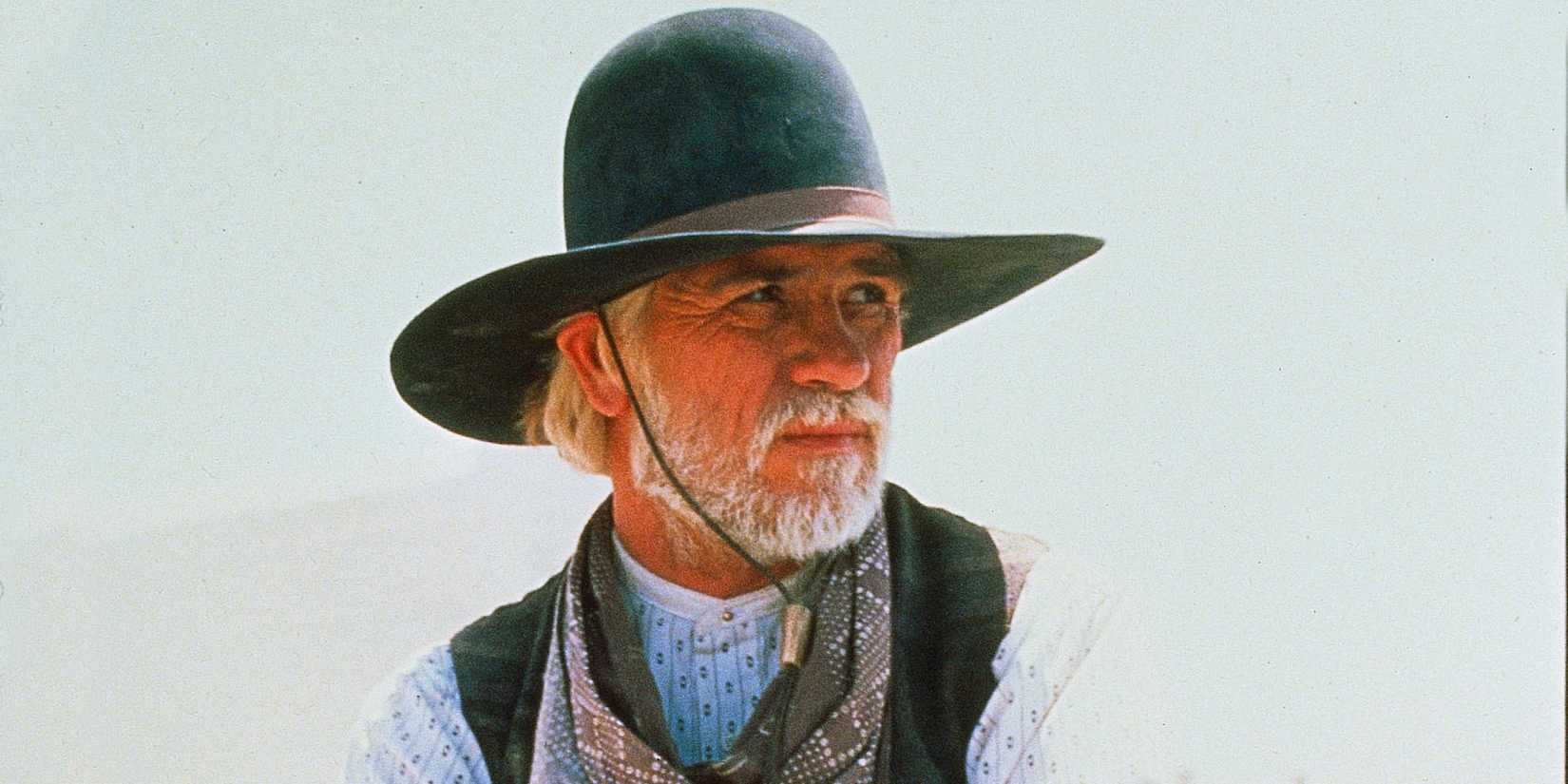
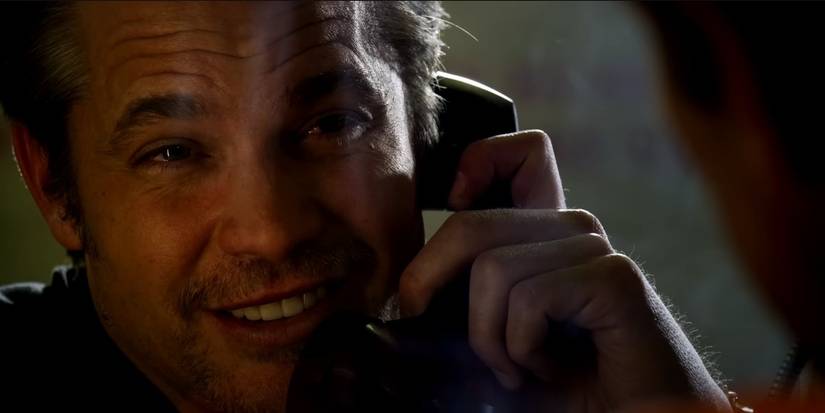

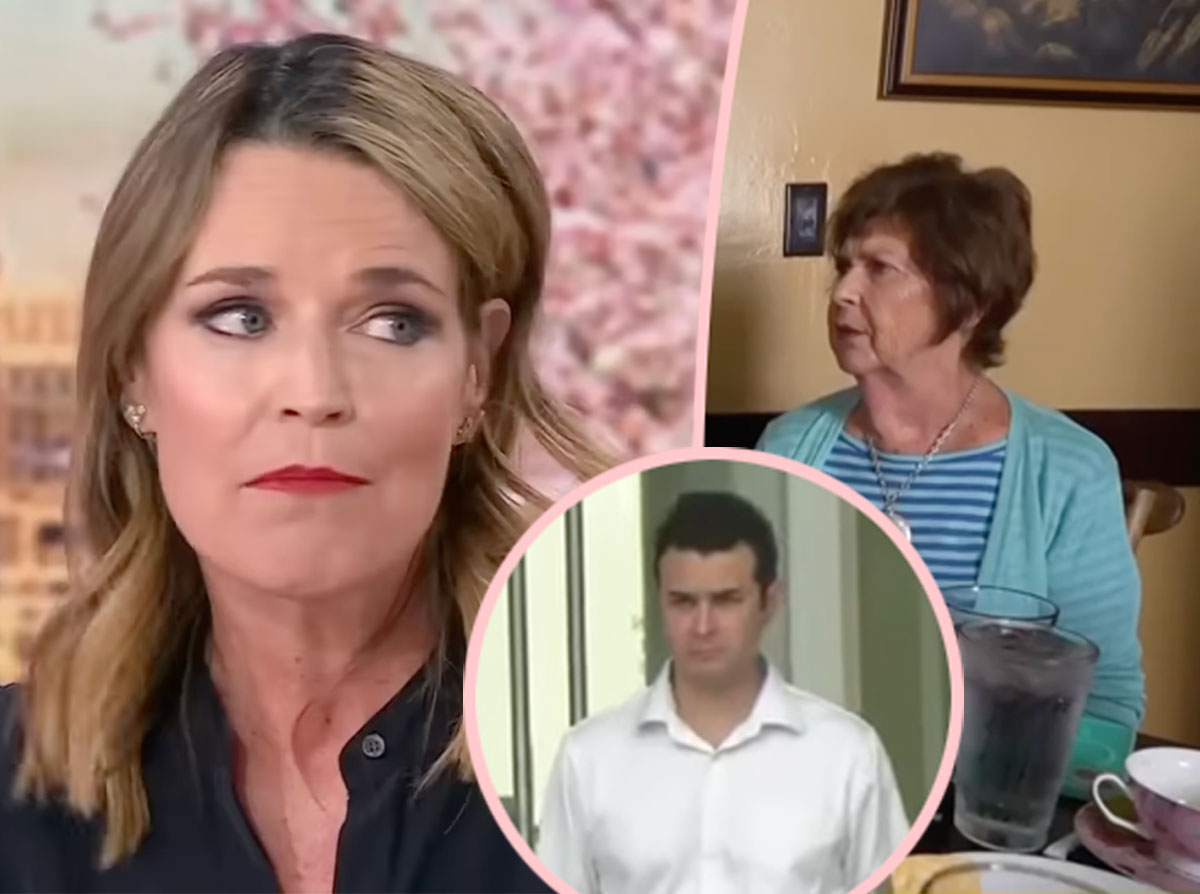



!['80s Sleeper Hit 'Transformers: The Movie' Kicks Off Official "Apology Tour" [Exclusive] '80s Sleeper Hit 'Transformers: The Movie' Kicks Off Official "Apology Tour" [Exclusive]](https://static0.colliderimages.com/wordpress/wp-content/uploads/2026/02/transformers-the-movie-rodiumus-prime-matrix.png?w=1600&h=900&fit=crop)


